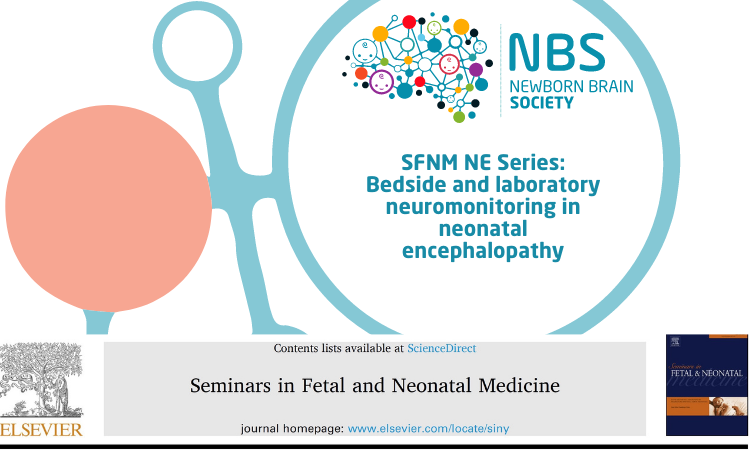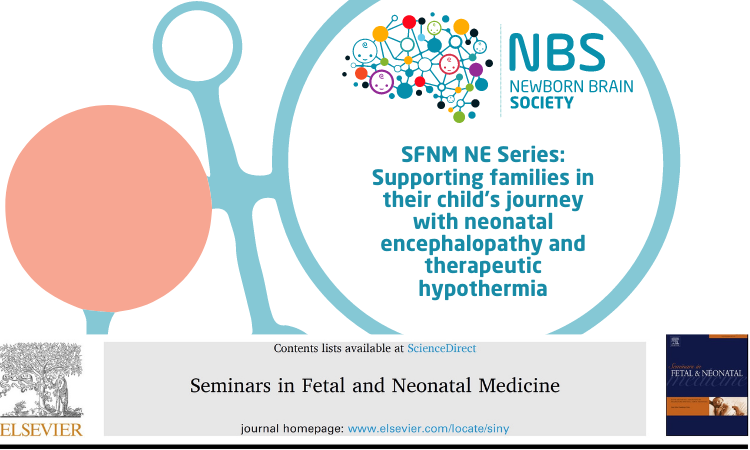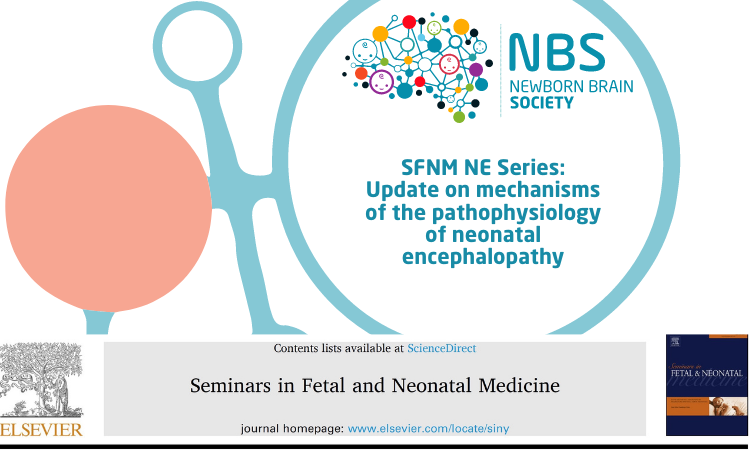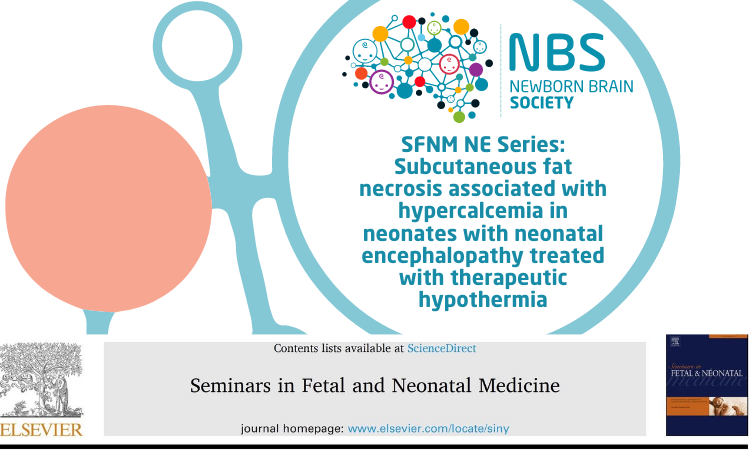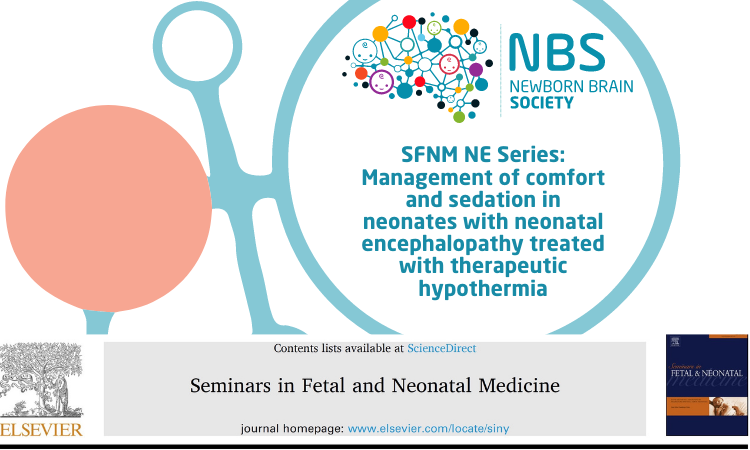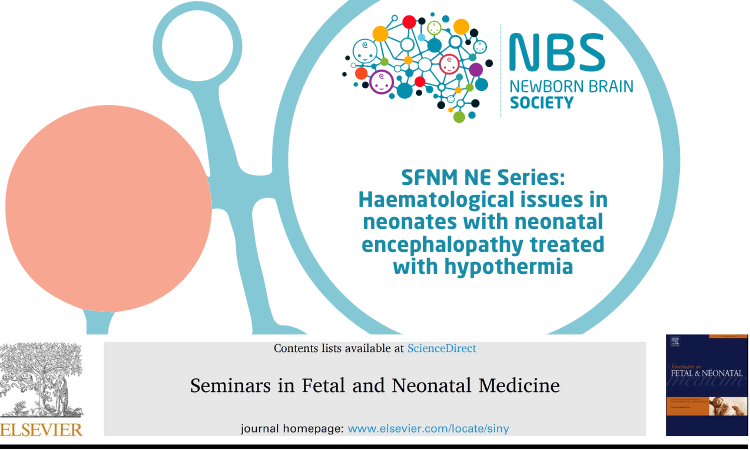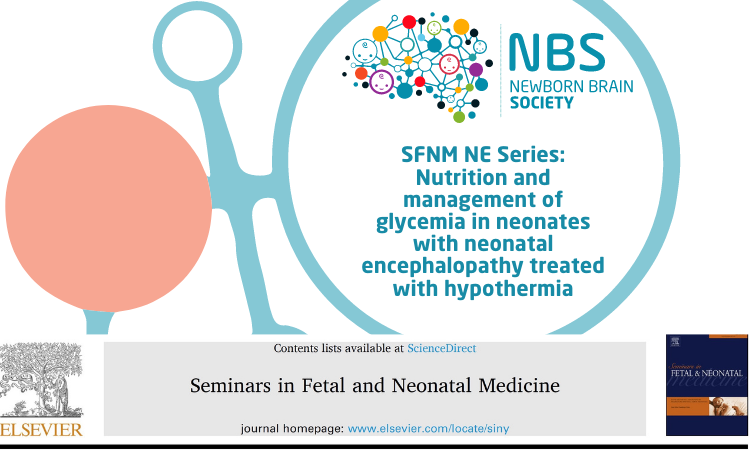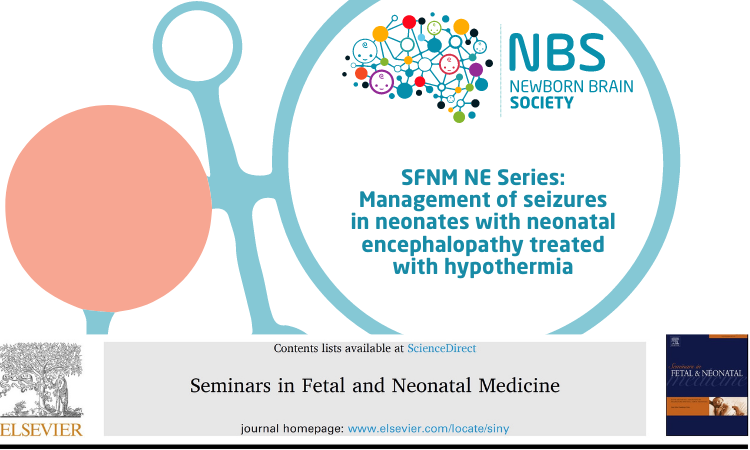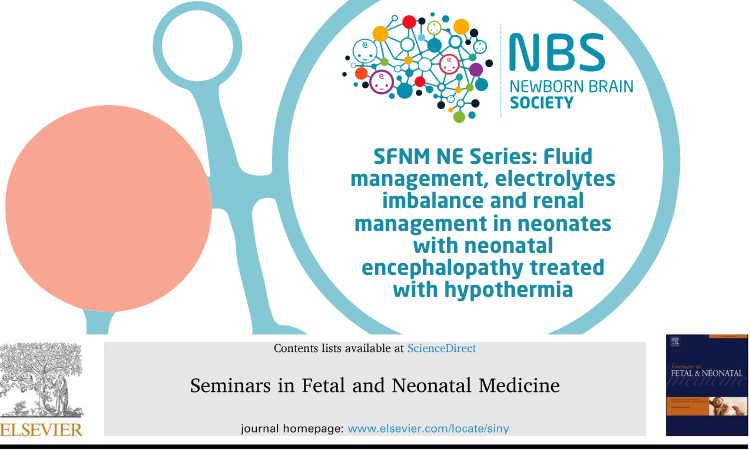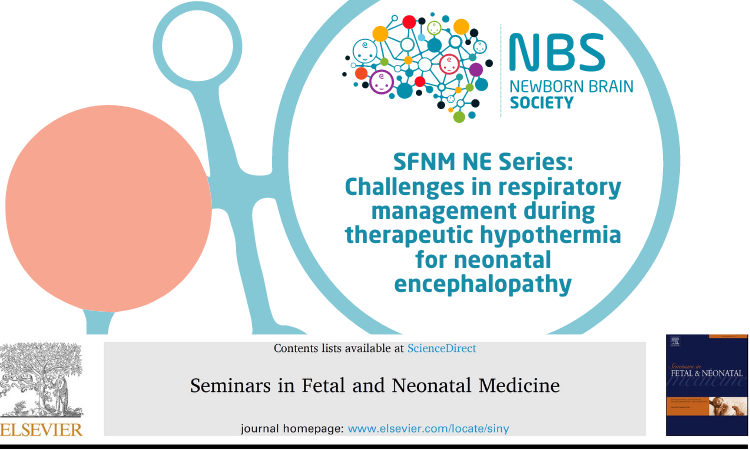SFNM NE Series: Bedside and laboratory neuromonitoring in neonatal encephalopathy
Practice Points: EEG/aEEG While aEEG is helpful to monitor trends at the bedside and can diagnose most seizures, cEEG remains the gold standard for seizure detection. Because of the wide range of start time and frequency of seizures, it is recommended to use either cEEG/aEEG throughout therapeutic hypo- thermia and rewarming, with a minimum of …
SFNM NE Series: Bedside and laboratory neuromonitoring in neonatal encephalopathy Read More »

